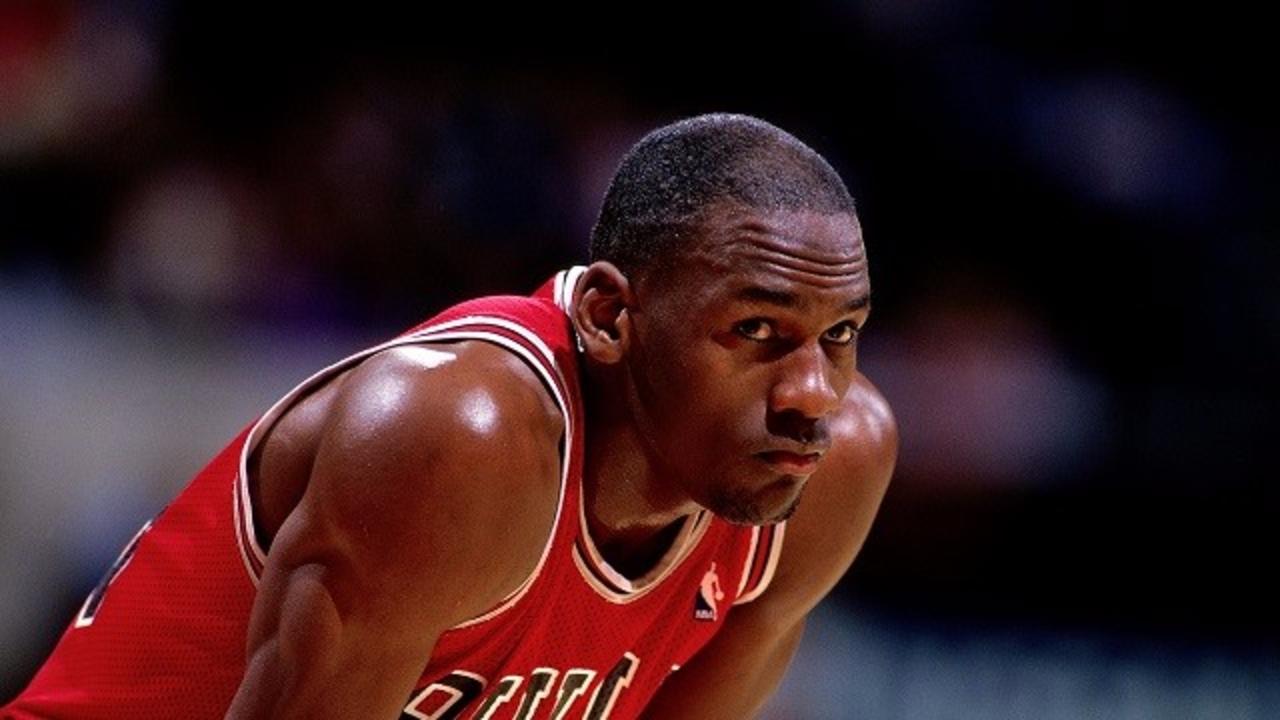The Talent Myth: 5 Essential Insights on Deliberate Practice

Life seems a lot better for the talented. They’ve got more options, have more success and in Tiger Woods’ case, they get to live in beautiful houses.
But don’t despair if you weren’t born brilliantly talented.
Two recently-released bestselling books are here to help. Outliers (by Malcolm Gladwell) and Talent is Overrated (by Geoff Colvin) show us that it doesn’t matter what you’re born with; outstanding success is available to anyone who will follow a few simple tips, the ones you'll find below.
But first, a sports example
Jerry Rice was the best receiver in NFL history and in my opinion the best in any position. His records for total receptions, total touchdown receptions and total receiving yards all beat out the second place totals not by 10% or even 20%, but by a staggering 50%! No one else has even come close. How did he do it?In a word: practice. (In two words: deliberate practice, but we'll get to that).
He would typically continue practicing long after the rest of the team had gone home. Most remarkable were his six-days-a-week off-season workouts, which he conducted entirely on his own. Mornings were devoted to cardiovascular work, running a hilly five-mile trail; he would reportedly run ten forty-meter wind sprints up the steepest part. In the afternoons he did equally strenuous weight training. These workouts became legendary as the most demanding in the league… (Talent is Overrated, p. 53)
But don’t be distracted by how hard he worked. (Hard work is just part of the answer). It’s that he worked hard in the right ways.
- He ignored enjoyment. Rice worked mostly on his own, spending less than 1% of his football-related work actually playing games. Forcing himself to do the activities that would help him improve, rather than the ones he enjoyed the most.
- He designed his practice to work on his improvement needs. While most receivers focused on speed, he focused on acceleration and endurance. Speed was actually a big weakness for him, but he realized he could overcome this by being outstanding in other ways.
Drawing on these types of insights, researcher Anders Ericsson has identified the types of practice that result in expert performance. It’s called Deliberate Practice.
How to Apply Deliberate Practice
- Design your activity to improve your performance. Carefully choose the specific aspects you need to be great at and stretch your abilities in those areas. Find a way to measure where you are now and make sure that you are actually improving. And even if you are, keep your mind open to other ways to get a better return on your practice time.
- Look for repeatable tasks. Top performers put the time in to ensure consistent performance in any repeatable area (i.e. shooting free throws) and then they practice these like a maniac.
- Make sure that feedback is continuously available. You need to see how you’re doing, what you’re doing wrong. With free throws it’s easy, but if your activity requires interpretation (i.e. getting better at job interviews) you’ll need expert feedback, the more the better.
- It's mentally demanding. If your practice-activity is something you can do mindlessly, it's not deliberate practice. You need to keep your mind involved. In fact mindless practice can actually reduce performance over time, which accounts for some very-experienced professionals performing below novices. You have to keep your mind in the game.
- It isn't much fun. (Sorry). Geoff Colvin says, “Doing what things we know how to do well is enjoyable, and that’s exactly the opposite of what deliberate practice demands.” Maybe you don't need to hate practicing, but it’s certainly more hard work than play (remember Jerry Rice). This is precisely why most people avoid deliberate practice: the unpleasantness-barrier.
Both books also note the “10,000 hours” rule, the time it seems to take to become an expert performer. That’s roughly how long it took for Tiger Woods and Mozart (being trained by their dads), for the Beatles (mostly playing in Germany), Bill Gates (messing around on his high school computer) and for all the other geniuses you'd think were born uniquely talented. They deliberate-practiced for about 10,000 hours before they made any outstanding contributions to their field. On the bright side, this suggests that such greatness is more widely available than we'd think. The dark side of this insight of course is that finding the time is probably the biggest obstacle. This is why getting started young is such an advantage; kids have a lot more free time. This is why Gladwell writes that “It is not the brightest who succeed. Nor is success simply the sum of the decisions and efforts we make on our own behalf. It is, rather, a gift. Outliers are those who have been given opportunities — and who have had the strength and presence of mind to seize them.” It’s talk like this that makes Gladwell the apologist of the mediocre performer, so read Outliers if you’re looking to blame mom and dad for not forcing you to practice the piano after school. Colvin, on the other hand, is a better read if you are looking for practical, actionable tips and more of an optimistic outlook. If you’re interested in learning more, you might enjoy some of these other resources:
- Stumble Blog post on Deliberate Practice
- An Open Education Article on Deliberate Practice
- Or, for more of an academic reading, try Anders Ericsson’s article The Role of Deliberate Practice in the Acquisition of Expert Performance
Woods, Tim. “The Talent Myth: 5 Essential Insights on Deliberate Practice” IBMastery 1 Jan 2015. Web. CHANGE THIS TO TODAY’S DATE <https://www.ibmastery.com/blog/the-talent-myth-5-essential-insights-on-deliberate-practice>






